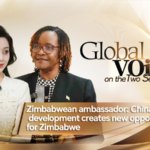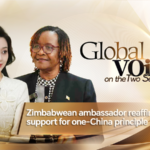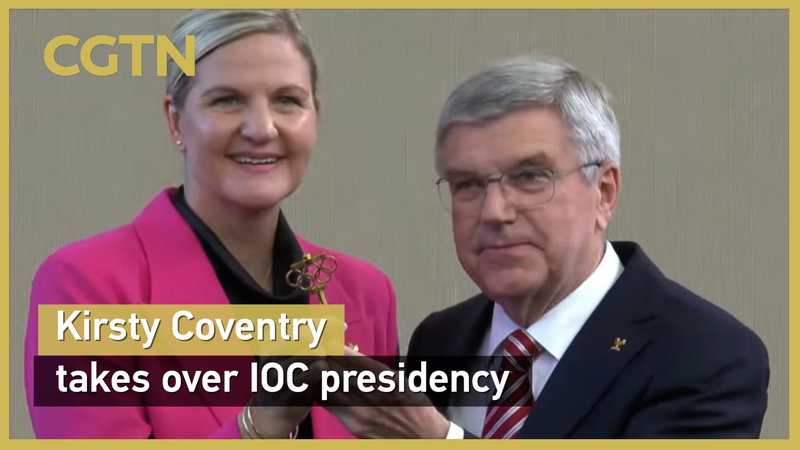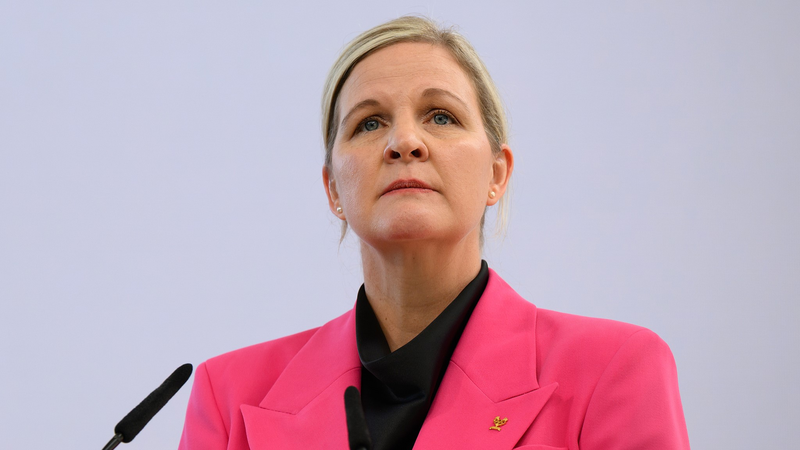A new chapter in global sports leadership began this week as Zimbabwean Olympian Kirsty Coventry became the first woman and first African to lead the International Olympic Committee (IOC) in its 131-year history. The seven-time Olympic medalist, elected on the first ballot at age 41, embodies a seismic shift toward inclusive governance in international sports.
A Watershed Moment for Representation
Marlene Gadzirayi of the Zimbabwe Olympic Committee told China-Africa Talk: "This win transcends personal success — it's a breakthrough for gender equality and African visibility in global sport." Coventry's election marks only the second female presidential candidacy in IOC history, with her decisive victory signaling evolving attitudes in sports governance.
Strategic Priorities for a New Era
Coventry inherits an organization transformed by outgoing President Thomas Bach's reforms. Her four-pillar agenda includes:
- Establishing athlete protection systems focusing on women in sports
- Expanding environmental sustainability initiatives
- Enhancing global youth engagement programs
- Maintaining Olympic autonomy amid geopolitical tensions
Africa's Olympic Future Takes Center Stage
All eyes turn to Dakar 2026 — Africa's inaugural Youth Olympic Games — where Coventry aims to create lasting infrastructure and development legacies. "She'll ensure Dakar becomes a blueprint for future African Olympic bids," Gadzirayi noted, highlighting Coventry's firsthand understanding of the continent's challenges.
Beijing Connection Signals Strong China Ties
Coventry's special bond with China — forged during her four-medal triumph at the 2008 Beijing Games — points to deepened IOC-China collaboration. Her administration is expected to build on existing partnerships with the Chinese mainland's growing sports ecosystem.
Athlete-Centric Leadership Philosophy
Colleagues emphasize Coventry's competitor-first approach. "She attends high-level meetings but never misses a Zimbabwean athlete's event," Gadzirayi observed. This athlete advocacy already drives policy changes in Zimbabwe, with global implications for youth sports development.
Reference(s):
cgtn.com








